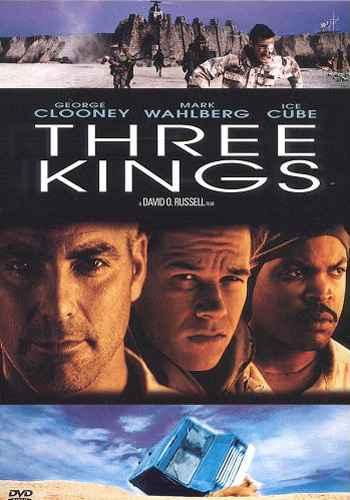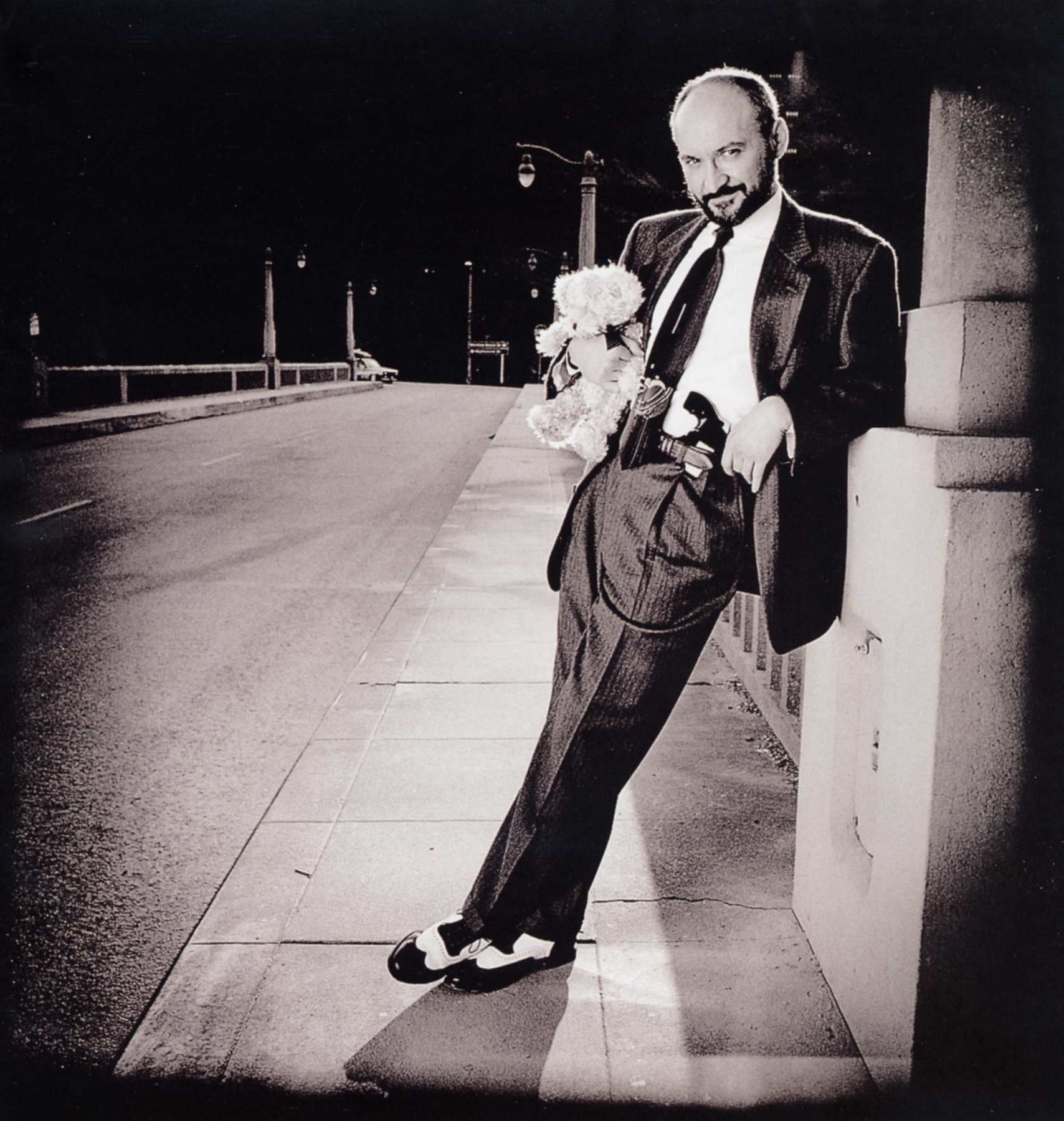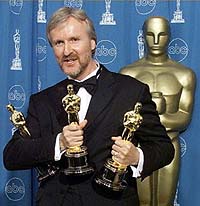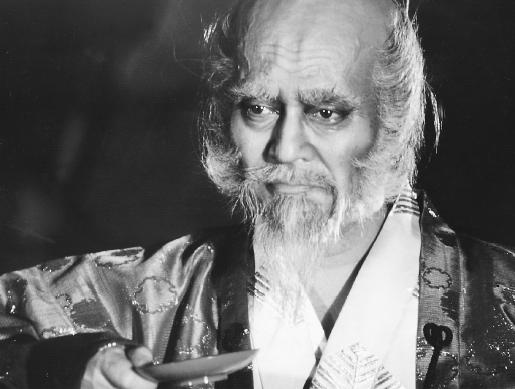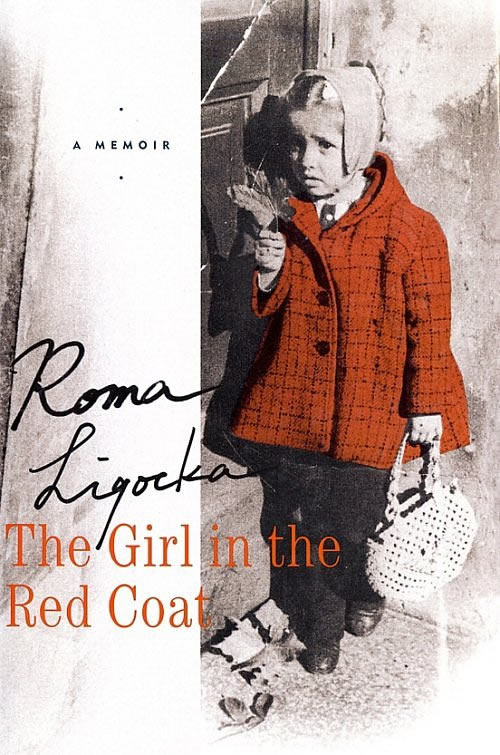
This article by Daniel Pipes was found on danielpipes.org. Daniel Pipes is the director in charge of the Middle East Forum. He also is a visiting professor at Pepperdine University, and has worked as a columnist in many well known newspapers such as the New York Sun, Jerusalem Post, L'Opinione, La Razón, Australian, and Globe and Mail. According to the Wall Street Journal,
"...[Mr. Pipes] is an authoritative commentator on the Middle East."
The article written by Daniel Pipes, "After Desert Storm, No Real Changes," offers an interesting view of what is really happening in the Middle East, as oppose to all the filtered media we receive from the media in the United States.
Daniel Pipes comments that this war has been the biggest war since World War II, except this war is affecting our control over our oil supply. However, the United States has made some successful efforts to better this corrupt political system. Despite all these efforts, the fighting in the Middle East has not changed after Desert Storm. Pipes explains that the people in the Middle East have never been at peace due to religious conflicts and corrupt politics that care more about "political passions" as oppose to what is better for their economy.
Mr Pipes is warning American to be careful on how one approaches the corruption in Iraq by knowing our boundaries and limits, and specifically addressing problems within the state.



